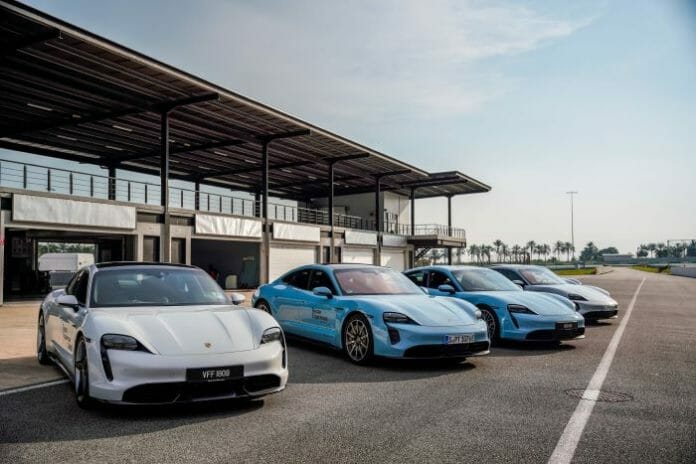Budget 2023 has encouraged for the adoption of EVs with various incentives, among them the proposed extension of EV tax exemption. These include the extension of full import duty exemption on components for locally assembled EVs to end-2027, from end-2025; Full excise duty and sales tax exemption on CKD EVs to end-2027, from end-2025; Full import duty and excise duty exemption on CBU EVs to end-2025, from end-2023.
RHB sees these extensions will be effective in spurring EV adoption. More EV buyers will be able to take advantage of them in the coming years – when more EVs enter the Malaysian market, and once domestic consumers are more accepting of such vehicles. The first extension should also help attract auto brands to locally assemble EVs. It also noted that if the Government would like auto brands to set up CKD operations in Malaysia, the full import and excise duties exemption on CBU EVs should not be extended beyond 2025, as it currently removes the incentive for local assembly.
With regards to the proposed tax incentive for companies renting non-commercial EVs between 2023 and 2025, the research house believes this could help spur EV demand and adoption in Malaysia. For companies running an EV-rental business, they can better understand consumer needs and tastes in EVs. For companies renting EVs, they can now benefit from the tax incentive and from reduced Scope 1 emission, which should also boost their ESG profile. Currently, only Tan Chong Motor offers such rental services through its GoEV sharing and subscription platform. Although UMW and MBM Resources’ associate Perodua currently has a subscription plan for users to rent or “subscribe” an Ativa Hybrid for MYR500 per month, the vehicle is a series-parallel hybrid vehicle (such as a Toyota Prius) and, as such, may not qualify as an EV.
Proposed tax incentives for EV-charging equipment makers from 25 Feb 2023 to end-2025. Although this benefits manufacturers more than it does auto companies, this should increase the domestic supply of EV-charging equipment and, as a result, lower the cost of EV chargers and increase the availability for domestic users – which will ultimately help spur domestic EV adoption.
Overall, helpful in boosting domestic EV adoption, but has minimal impact on auto companies’ share prices. While the aforesaid policies should, directly and indirectly, help spur EV adoption in Malaysia, there were no direct incentives that encourage the installation of charging infrastructure, which would have provided an additional boost. That said, as EVs make up a small percentage of TIV in the medium term, the house does not expect the ramp-up in EV adoption to meaningfully boost the earnings of auto companies under our coverage









